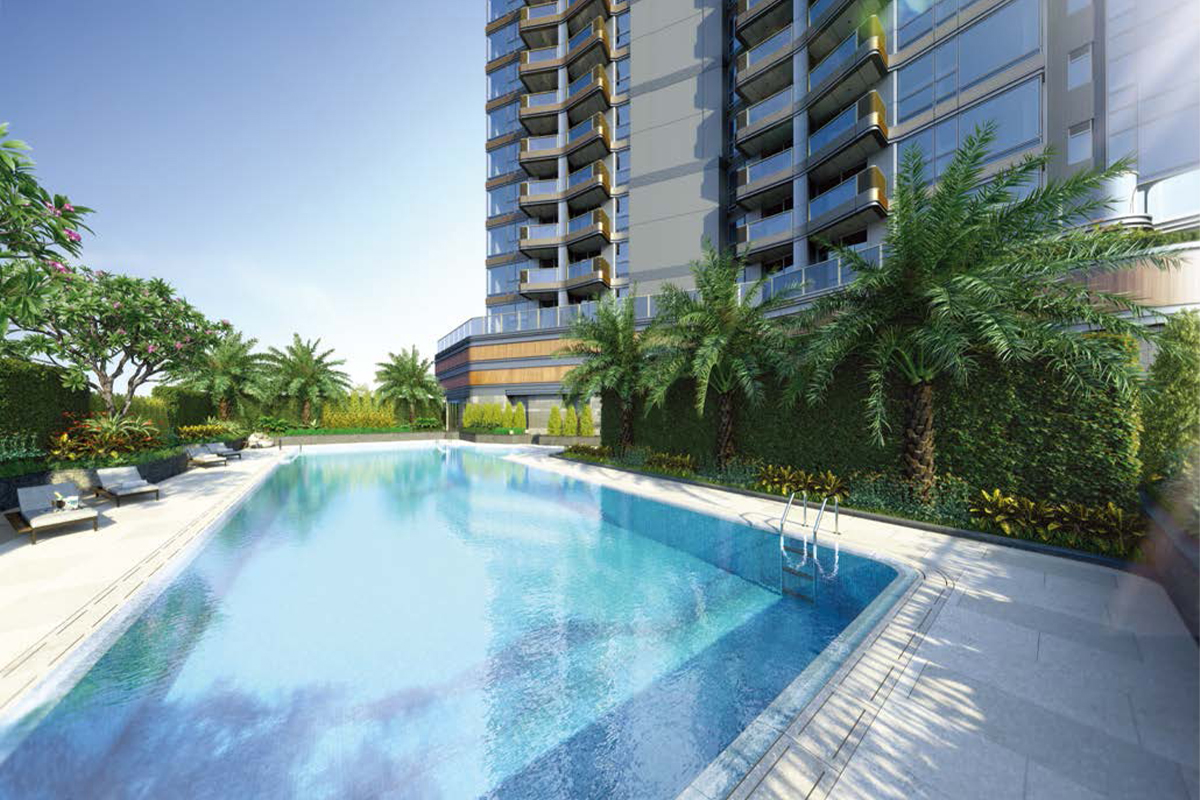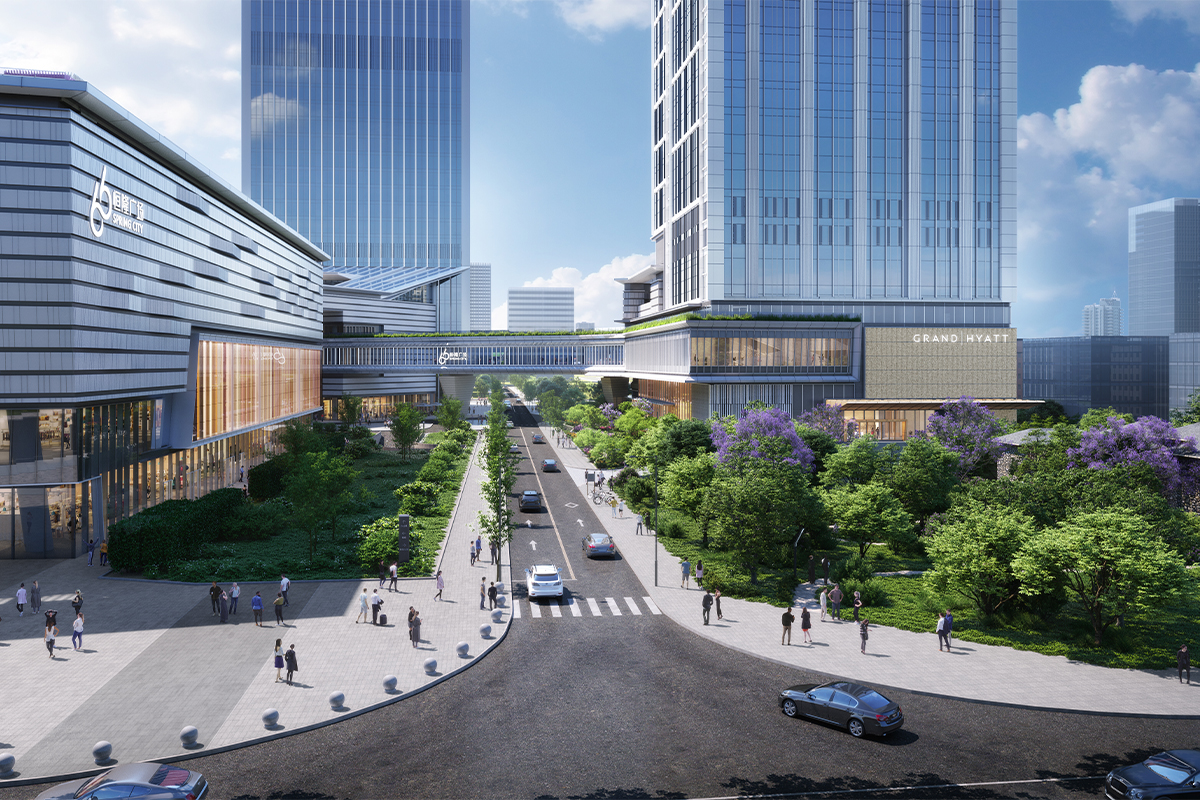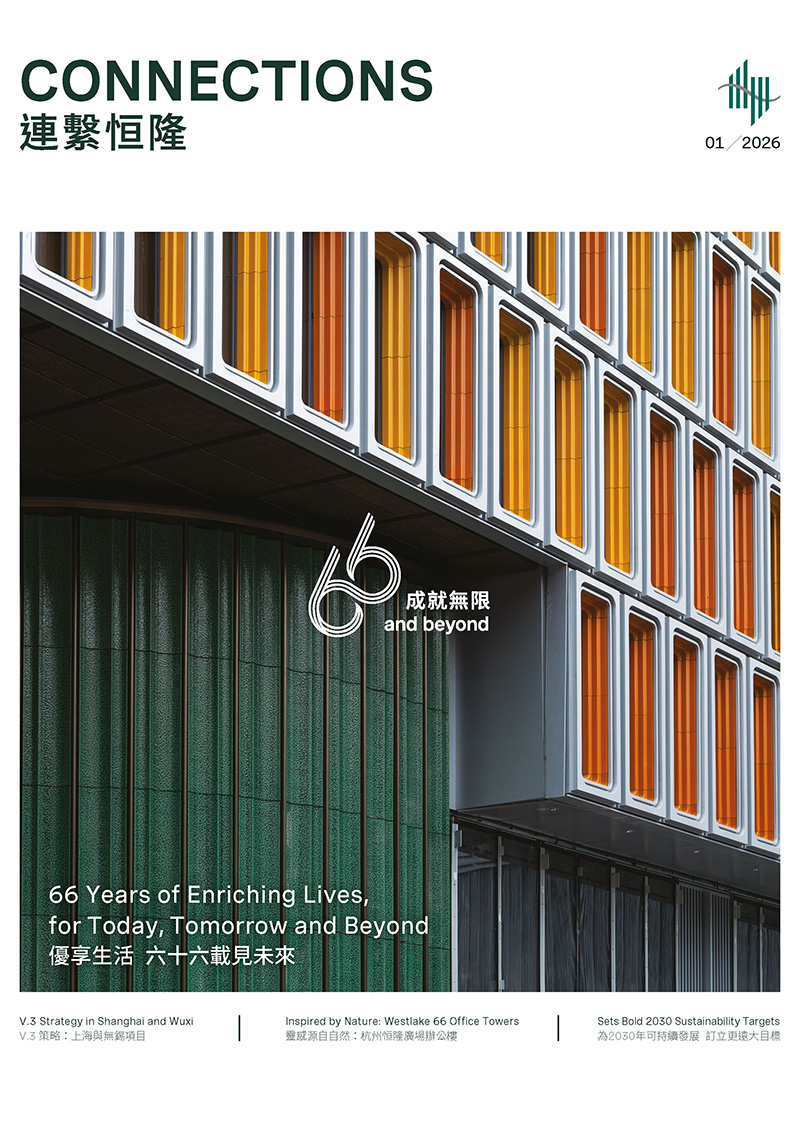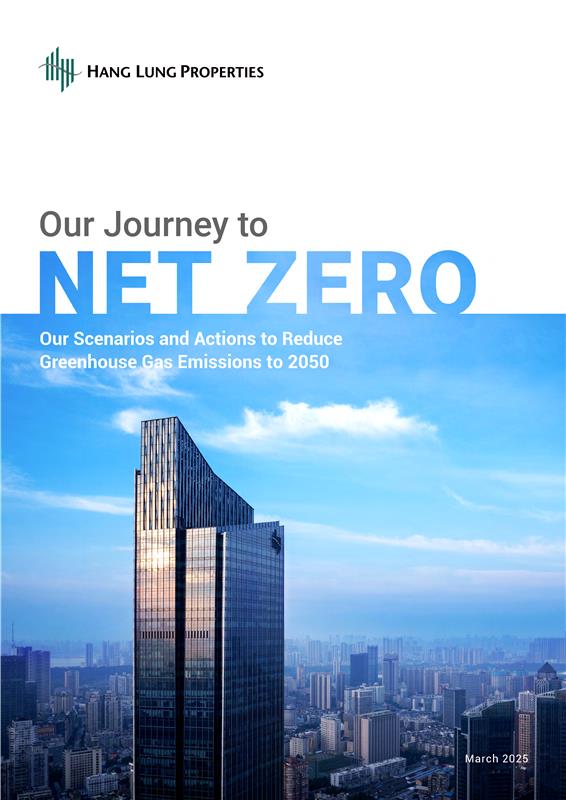We aim to optimize our use and management of natural resources, including energy, water and materials. Energy efficiency can lead to significant cost savings, and water scarcity is an important issue in many of the cities where we have properties. In general, responsible resource management constitutes good corporate citizenship and benefits our communities. Our efforts to use resources responsibly will encompass all our activities and materials and help support the transition to a circular economy.
2030 Goal
Accelerate the transition to a circular economy by minimizing resource consumption and maximizing recycling.
2030 Targets
- Incorporate circular building principles in new properties
- Implement water management program in all properties
- Divert 90% of waste from landfill
25 x 25 Sustainability Targets
- 60% of construction waste diverted from landfill for new projects starting in 2022 with maximized recycling
- Demonstrate best efforts to maximize the use of recycled, reused and bio-based materials on all new projects
- 10% reduction in water intensity (m3/m2/year) relative to 2018
- 70% of operational waste diverted from landfill
Energy Management
As a building operator aiming for net zero emissions by 2050, energy management is crucial for sustainability. Because energy consumption affects the environment and costs, we actively handle it through strategic initiatives, technological investments, and operational best practices. Our aim is to maximize energy efficiency, reduce pollution, and enhance overall energy performance. Examples of initiatives that have contributed to the enhanced energy efficiency of our portfolio include:
- Installing and maintaining a building energy management system and associated hardware
- Major asset enhancements to improve operational efficiency, including chiller upgrades, lift replacement and lighting retrofits
- Retro-commissioning
- Optimization of major building facilities’ operating schedules
- Energy performance operations training including consumption reduction opportunities for property management colleagues and company-wide e-learning on the importance of energy efficiency, highlighting of best practices, and fostering a culture of energy-conscious behavior
Waste Management
The bulk of our waste is generated through the operation of our properties and tenants. We have adopted a variety of measures to divert waste from landfill and facilitate recycling at our properties, including but not limited to:
- Regular collection services for key recyclables, including paper, plastics, metal and glass bottles
- Food waste collection services for F&B tenants at selected properties in Hong Kong, such as Amoy Plaza and Kornhill Plaza; and for all properties in mainland China;
- Umbrella dryers at selected commercial properties in Hong Kong to reduce the consumption of plastic umbrella bags
- Paperless parking system in mainland China, which is estimated to avoid at least 6.4 million tickets annually
Water Management
Hang Lung recognizes water scarcity as a severe global challenge, and most of the cities in which we operate are in areas with water stress. To cope with this foreseeable challenge, we have adopted a wide range of measures to reduce water consumption at our properties, including but not limited to:
- Installing water-efficient fittings and rolling out initiatives to raise awareness on water conservation among our employees, customers and tenants.
- Occupant sensors
- Tenant sub-metering
- Water recycling systems in place at six properties in mainland China
- On-site grey water treatment systems at Spring City 66 and Parc 66
- Grease traps installed at all properties to intercept oil, grease, fatty solids from the wastewater before they enter into the municipal sewers
Sustainability in Our Office Rejuvenations
Hang Lung has recently revitalized its Hong Kong and Shanghai offices, creating open, sustainable workspaces that reflect our commitment to employee wellbeing and environmental responsibility. We have expanded our collaborative spaces, prioritized reused and recycled materials, introduced energy-saving measures like intelligent lighting systems, and added recreational and exercise areas. We have also applied sustainable or red-list-free materials, such as flooring and ceilings, throughout our interior designs.
To benchmark our performance, we obtained a third-party sustainability assessment of these renovations through GIGA’s RESET® Embodied, a data-driven standard for evaluating the health, safety, and ecological performance of building materials and products in projects. The RESET® Embodied involves standardized methodologies for obtaining quantitative, benchmarkable, third-party audited data. It draws on an extensive materials database combined with product-specific data, such as environmental product declarations (e.g., of our office chairs and their bases) health product declarations (e.g., of our carpeting). After an extensive examination of such data, GIGA advised us that both our Shanghai and Hong Kong renovations outperformed industry benchmarks in their carbon, circularity and health performance, with average scores across these projects as below. With employee wellbeing at the heart of these projects, we are especially proud of their strong health performance:
- Carbon: The projects outperform the 2023 Industry Baseline by 48.3% and the 2023 RESET average by 16.5%, with an embodied carbon footprint of 9.45 kg of CO2 equivalent per m2/yr.
- Circularity: The projects outperform the 2023 Industry Baseline by 510% and the 2023 RESET average by 18.2%, with an embodied circularity of 27.7%.
- Health: The projects outperform the 2023 Industry Baseline by 985% (10.9x) and the 2023 RESET average by 5.6%, with an embodied health of 91.6% (material ingredients known and red-list free).
Key results are shown for lifecycle stages A1-A5, as well as material boundary for Interiors, sections 1, 3 & 4.1 (Furniture).





.png)